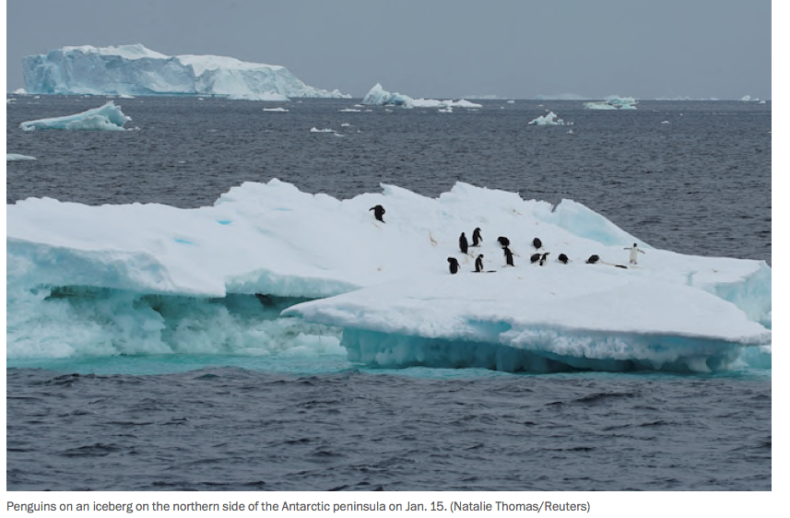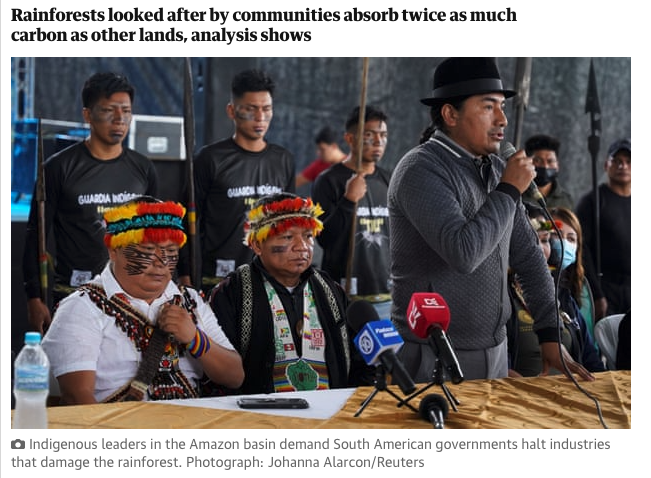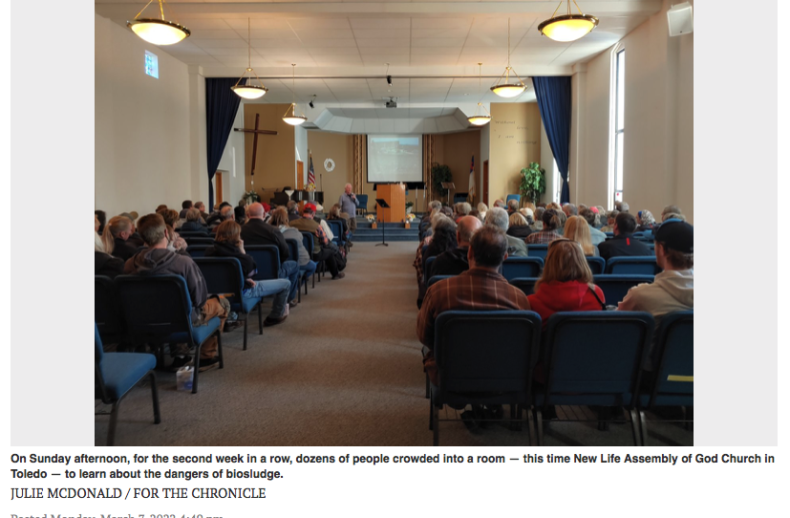The new IPCC report arrives in a period of extraordinary global political and economic turbulence that has further jeopardized efforts to address climate change. Energy prices spiked after Russia’s invasion of Ukraine, prompting several nations to increase fossil-fuel production. In the long run, that will only make matters worse.
Leaders who claim to be protecting their people by doubling down on fossil fuels are doing the exact opposite: throwing their people to the wolves of energy insecurity, price volatility and climate chaos.
The IPCC report lays out a saner, safer approach, one that would get the world back on track by using renewable solutions that provide green jobs, energy security and greater price stability.
This report is a blueprint to bring us back to the 1.5-degree pledge that nearly 200 nations made in Paris and renewed at the COP26 gathering in Glasgow, Scotland, in November.





